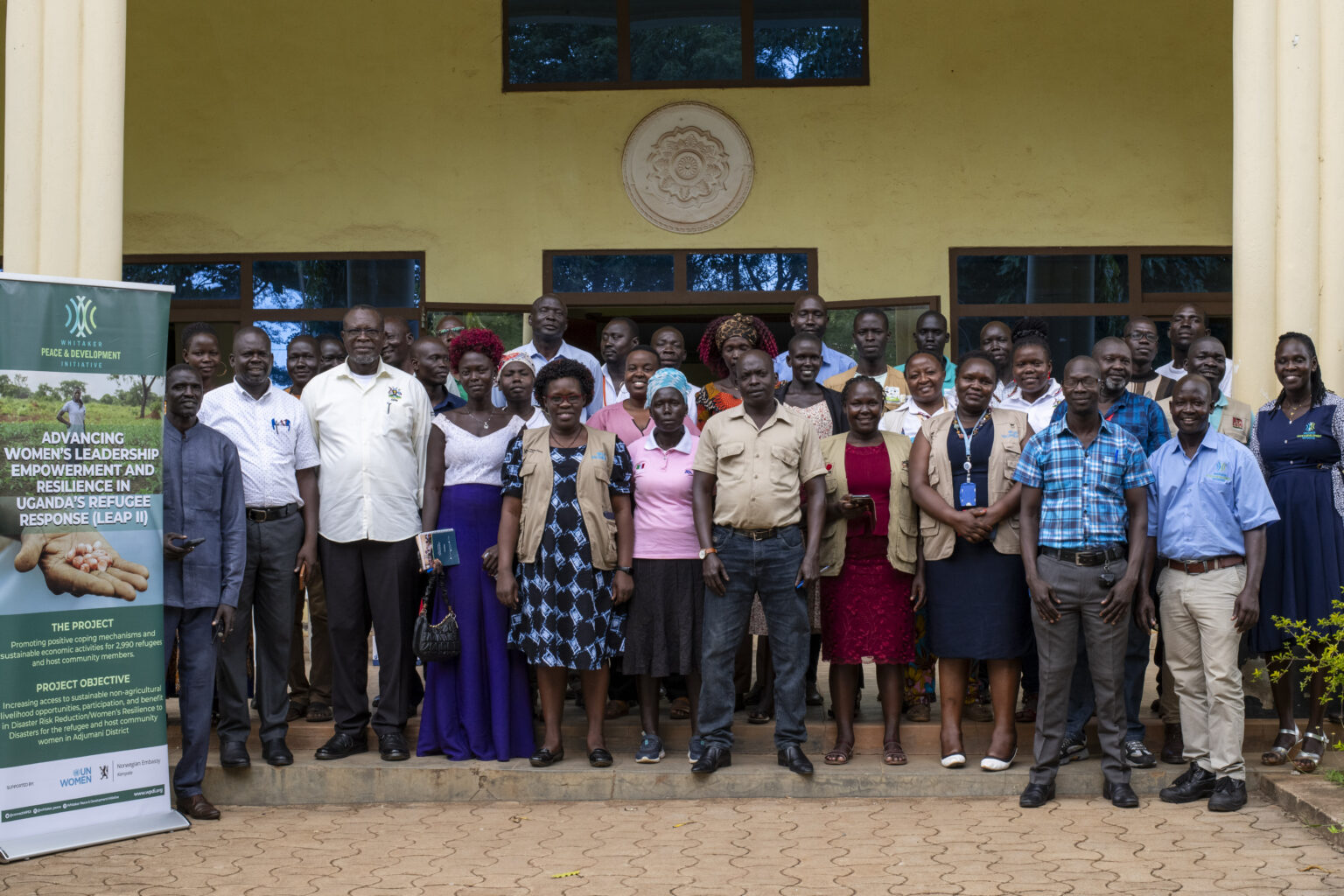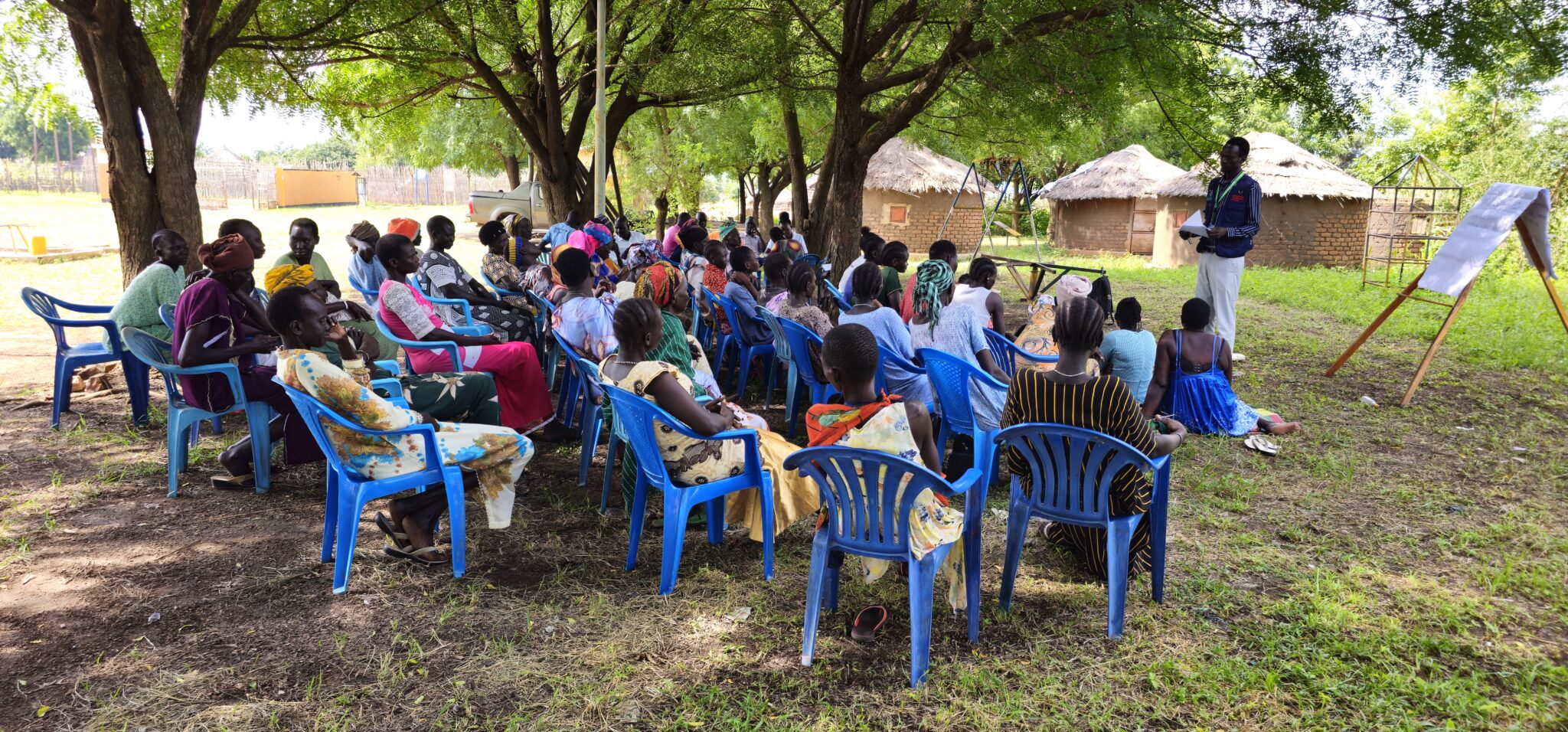Adjumani District
 300,600+
300,600+
refugees and asylum seekers live in Adjumani District, making it one of Uganda’s largest and most strained displacement settings.
 80%
80%
of the population are engaged in farming as their main economic activity.
 30%
30%
of girls in the region leave school before secondary level

WPDI expanded its work in Uganda in 2024 with a new deployment in the Adjumani District, following our long-standing presence in the Acholi Sub-Region, the Karamoja Sub-Region, and the Kiryandongo District. Our activities in Adjumani are rooted directly in the refugee settlements of Nyumanzi and Ayilo 1, where both refugees and host communities face the compounded pressures of displacement, limited livelihood opportunities, and a fragile natural environment strained by years of climate-related shocks.
As one of Uganda’s largest refugee-hosting districts, Adjumani continues to navigate significant challenges: unpredictable rainfall, declining soil fertility, rapid population growth, and heightened competition over land and resources. These conditions have left many households, working to rebuild stability and access sustainable sources of income in a setting marked by vulnerability and uncertainty.

WPDI’s approach in Adjumani focuses on strengthening resilience through practical, community-based training that supports sustainable agriculture, livelihood development, and financial inclusion. Participants learn climate-smart farming practices, orchard establishment, soil and water conservation techniques, and environmentally conscious methods that restore land and improve food security. Complementing this, our livelihood and business development efforts equip women and youth with the skills to start or expand small enterprises, manage resources effectively, and strengthen their financial independence through community savings groups.
Through dialogues on shared responsibilities and equitable decision-making, families also explore healthier household dynamics that support women’s leadership and foster stronger social cohesion between refugee and host communities.
Surveys we conducted in 2024 among participants revealed that:
-
76.2% reported applying the skills learned from WPDI in their daily lives
-
57.1% experienced an increase in income after training
-
42.9% created or expanded a business following their participation
Adjumani District – 2024 Report
A snapshot of WPDI’s impact in the Adjumani District in 2024:
 554
554
people trained in environmental conservation and climate-smart agriculture, supported by 66 certified Trainers of Trainers
 750
750
jobs created through WPDI-supported enterprises
 829
829
individuals trained in entrepreneurship and business development, with 35 new Village Savings & Loan Associations
 441
441
community members engaged in Gender Action Learning Systems (GALS), including 342 women and 99 men.